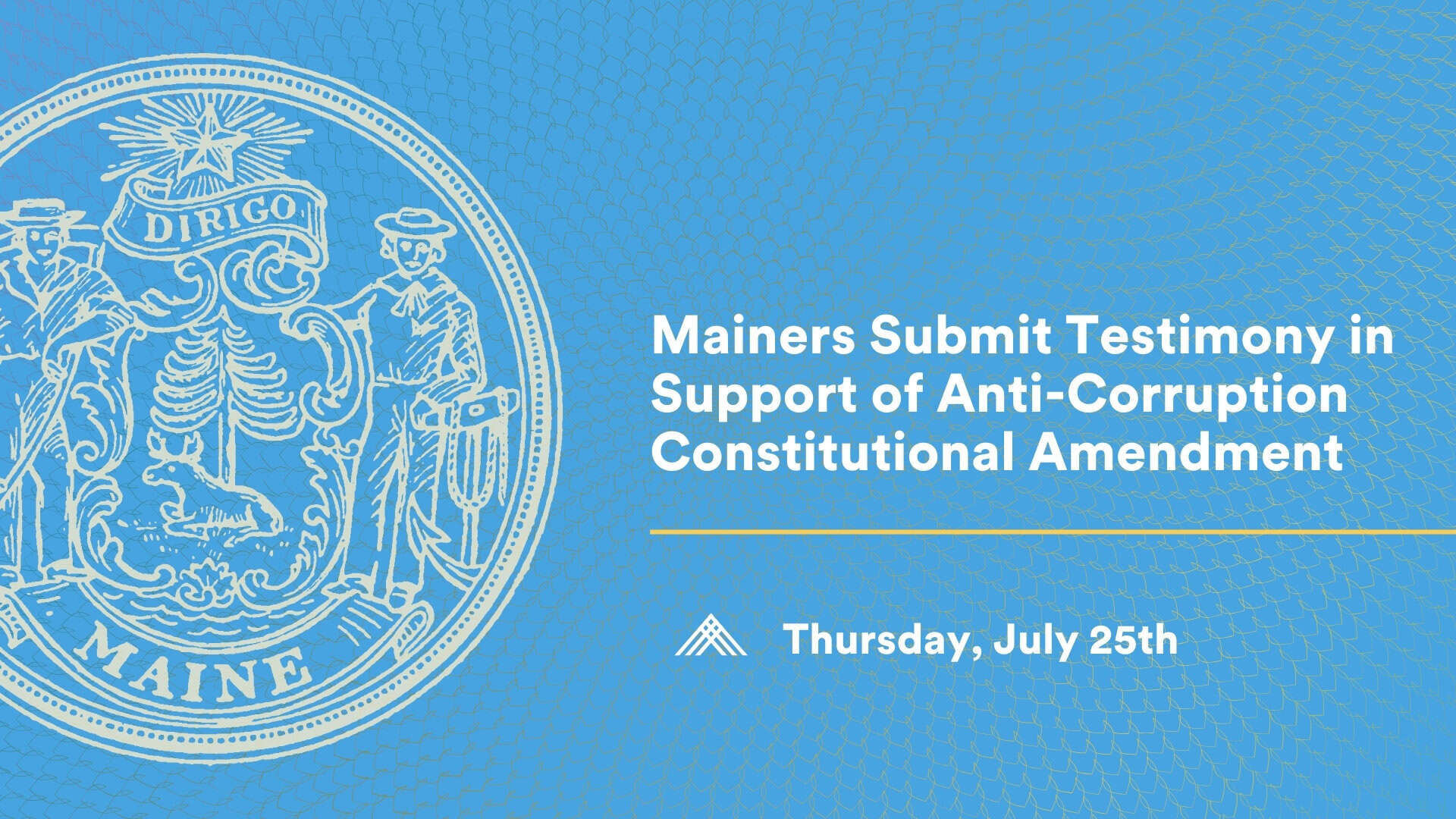In this editorial, citizen leader Mark Goldfarb shares his feelings of frustration with our political climate—and how we might be able to rewrite the story of America.

If you’ve been following the story of America over the past few decades, I wouldn’t blame you if you were to characterize our country as rudderless and our government as ineffectual. Perhaps after following our multifront wars, you’ve wondered whether we even have a strategy in the Middle East. Or maybe you’re curious why healthcare is exceedingly complicated and growing ever more expensive, with or without Obamacare.
Sometimes I even feel our feckless government. I feel it as I drive down the road, my grandma’s voice humming in my ears, “bumping up and down in my little red wagon,” as the potholes swallow my tires. I feel it in the sweat rolling down my back as I wait for another delayed subway built in 1910—newly refurbished 40 years ago.
But if you described America as rudderless, you’d be wrong. America is not rudderless. This is all part of the plan.
By the Money
The problem, at least for me, is that I am not part of that plan. I am but a bystander, unconsidered: unconsidered by my Congress and unconsidered by my President. Not because they don’t like me, but because I simply can’t pay what it costs to make them care. I literally cannot pay enough in campaign contributions or PAC money to make me important to politicians, all of whom are forced by our system to raise ever-more-astronomical amounts of money to win election and re-election campaigns.
For a while, I thought my $20 contributions aggregated with the small contributions of all the other schmoes like myself could add up, that we could collectively compete with the corporations and the ultrarich. But I didn’t realize just how ultrarich the ultrarich are.
And once I started to see who, or rather what, drives our political leadership, then the government’s decisions began to make more sense.
What Are They Buying?
As many have noted, if donating money to politicians didn’t yield a valuable return, the ultrarich wouldn’t do it. The deal is simple. I, ultrarich person, pay you, congressperson, to give me something worth more than the money I paid you.
There are myriad ways the ultrarich get paid back. For one, the government could choose to buy the rich person’s merchandise. Need a couple—or 1,000—warheads at $100 million a piece? Or, perhaps instead, we could change a few laws to enable me to legally sell them to another country.
Or maybe I’m a rich lady with a pharmaceutical company, and I sell life-saving insulin. With a few deregulations, I can patent a new serum to enable my company to monopolize the market for decades.
The story of America these past 30 years is the story of a country being bought by the highest bidders. The Supreme Court permitted it. The tremendous stratification of wealth propelled it.
The great question is whether we can change that story—whether we the people can band together to assert our political power over those who use America as their piggy bank. Join me in electing a Congress committed to passing a Constitutional Amendment to dam the rivers of money flooding politics, and let us truly be a government of, by, and for the people once more.
From American Promise Citizen Leader Mark Goldfarb:
I am mostly a product of where I’ve lived, where I’ve worked, and whom I’ve loved. I was born and raised in Charleston, West Virginia. It’s where I learned about the importance of love in a family and the distorting force of money in politics: King Coal.
After high school, I studied Economics at the University of Michigan and became enamored with GDPs and the power of the invisible hand. Ann Arbor is also where I fell in love for the first time. I then moved to DC where I studied at the George Washington University Law School and practiced securities regulation. During the Great Recession, I was laid off, and I chose to follow the greener pastures of Iowa City.
There, I became involved in politics for the first time, volunteering for various candidates and better pay for working families. I also pivoted to career advising at the University of Iowa College of Law, helping people tell their story on an 8½ x11 piece of paper. I continued to see the hardship of the Great Recession on students’ job prospects and on ever-dwindling state funding for college. After enjoying my time on the prairie, I moved to New York City.
The pace of the city and mass of humanity seems to jam two years of activity into every one year. My heart has been broken and mended a few times now, and each time I come away changed and reminded that life’s beautiful moments have little to do with the GDP. These realizations inspired me to change careers once more. I now teach high school math at a Title I public school in Manhattan, and I am confronted with issues of race, poverty, and varied realities facing my students on a daily basis. My love for these kids inspires me to create a safe, loving place here on earth.






